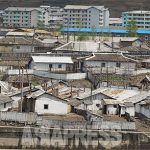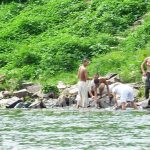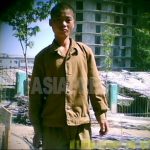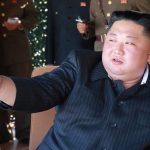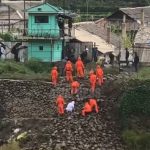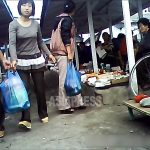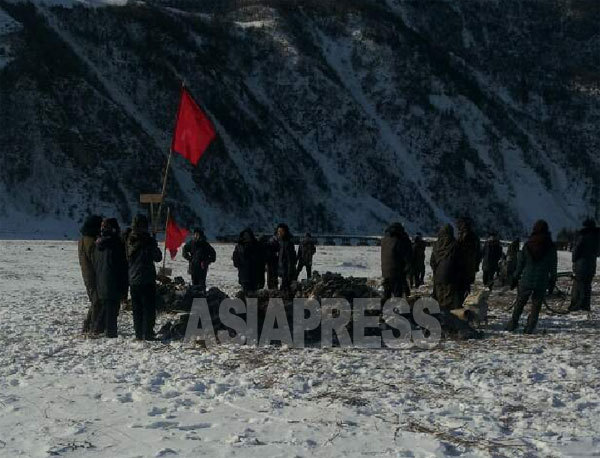
North Korea’s annual "manure battle" has begun. This “battle” involves urban residents collecting manure and bringing it to farms to be used as fertilizer. Quotas are imposed on all residents through workplaces, people's groups (neighbourhood associations), women's organizations, and schools.
Our reporting partner in North Korea, who contacted us at the beginning of the year, told us, "The monthly quota for those who are working is one ton and, for the elderly, it is 500 kilograms. Anyone who can hold a spoon must meet the quota, and there is a battle over each other’s poop. If you go outside to relieve yourself, the poop will be gone within a minute. There are even no dog or cow droppings on the streets."
At a virtual meeting of the Workers' Party of Korea held at the end of last year, Kim Jong-un announced a policy of prioritizing agriculture, so this year's mobilization enforcement is even stricter than usual. This is a sign of the seriousness of the fertilizer shortage.
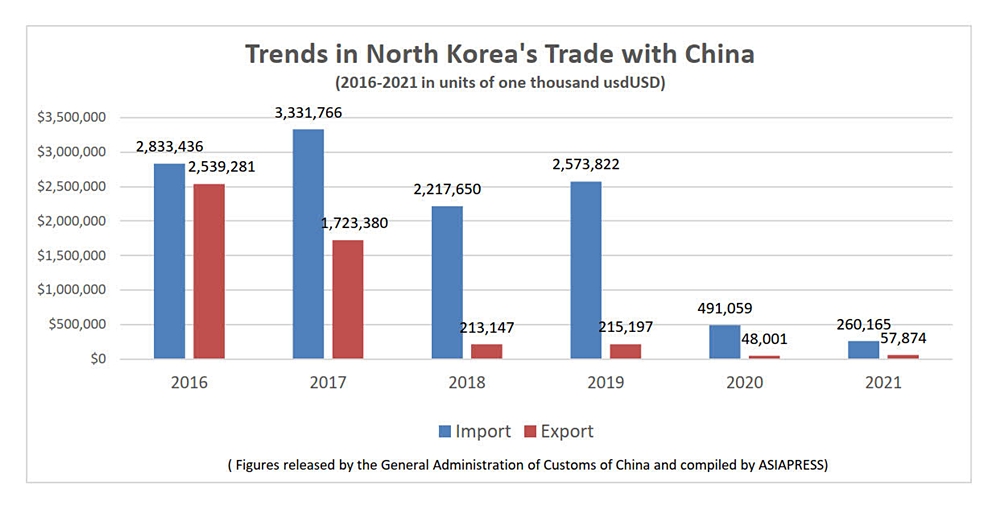
◆ Launching a series of missiles despite having no money
Right before our reporting partner contacted us on January 5-17, North Korea launched a total of six missile tests into the Sea of Japan. The defence authorities of Japan and South Korea determined the projectile launched on January 11 to be a hypersonic missile with a top speed of Mach 10. This type of missile is said to be difficult for existing missile defence systems to intercept because of its irregular orbit.
The primary purpose of the series of launches is to tirelessly advance the country’s missile technology which, of course, requires enormous amounts of money. North Korea's state-run media reports as if the economy still has plenty of room to grow, but the reality is truly severe.
In 2017, after the Kim Jong-un regime conducted repeated tests of nuclear bombs and missile launches, the UN Security Council stepped up economic sanctions. In January 2020, after the Covid-19 pandemic broke out, North Korea closed its border, causing a dramatic drop in trade.
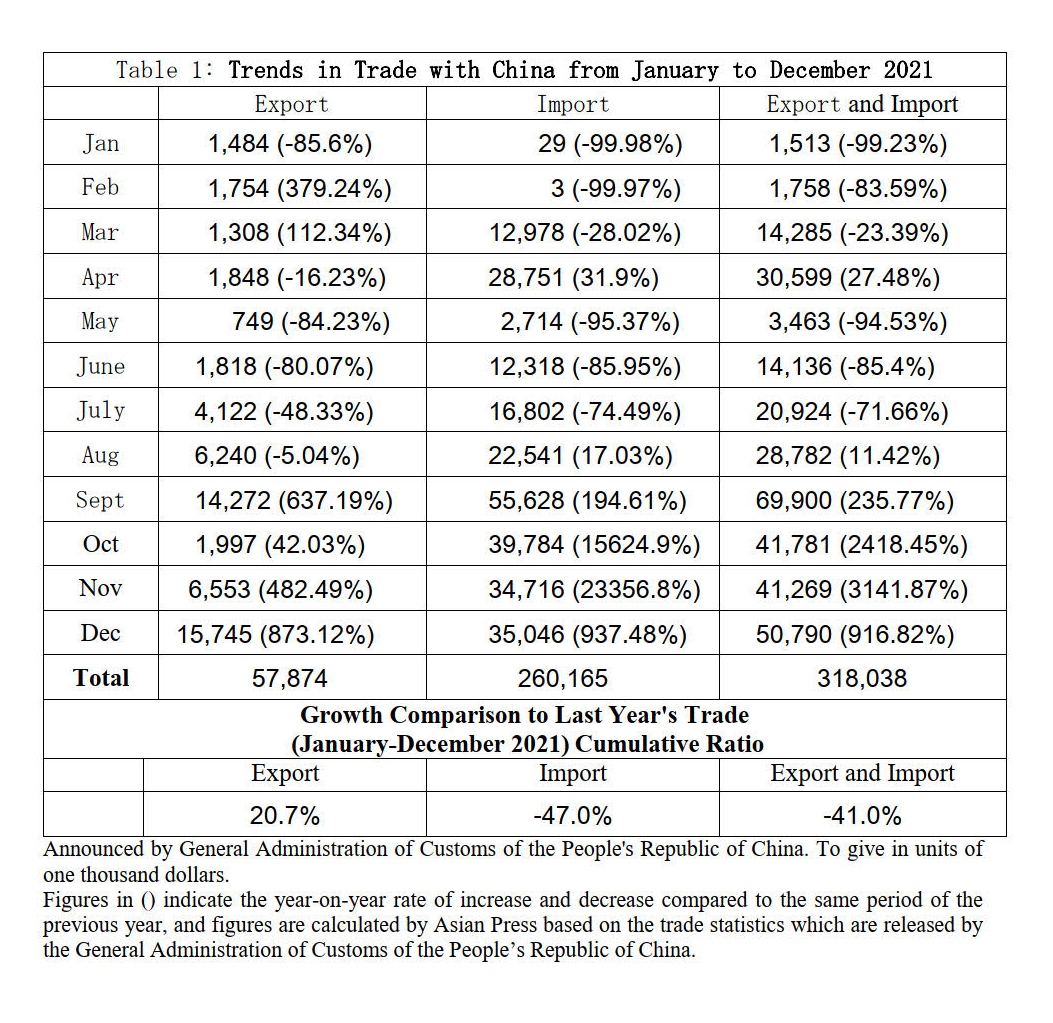
◆ Losing over $5 billion in the two years
Trade with China, which accounts for 90% of total trade, was recorded at $2,833.43 million in imports, $2,539.28 million in exports, and $5,372.71 million in total in 2016 before economic sanctions were tightened. However, in 2020, imports were reduced to $491.05 million (down 83% from 2016) and exports to only $48 million (down 98.1%), for a total of $539.05 million (down 90.3%).
In 2021, imports reached only 260.16 million USD (down 90.8% compared to 2016) and exports only 57.87 million USD (down 97.7%) for a total of 318.03 million USD (down 94.1%).
This means, that based on figures for 2016, China lost more than $5 billion in trade revenue over the period of two years, from 2020 to 2021.
And that's not the whole picture. Tourism revenue, estimated to be around $170 million in 2019 before the Covid-19 pandemic, has dropped to zero. While income from the dispatch of workers to China and Russia must also have dropped considerably due to the pandemic, although there are no reliable statistics for this industry.
Needless to say, the state finances have deteriorated. Last year, the Kim Jong-un regime finally had to suspend issuing banknotes. The government could no longer import special paper and ink from China for printing its own currency. With state-run companies and banks running out of money, the regime, as a last-ditch measure, issued a temporary money coupon called "Tonpyo" in August and September, which was an inferior version of currency printed with domestically-produced paper and ink.
fa-arrow-circle-rightTop Secret Documents on North Korea's 'Tongpyo’: Regime Admits to Suspending the Issuance of Banknotes Due to Financial Woes.
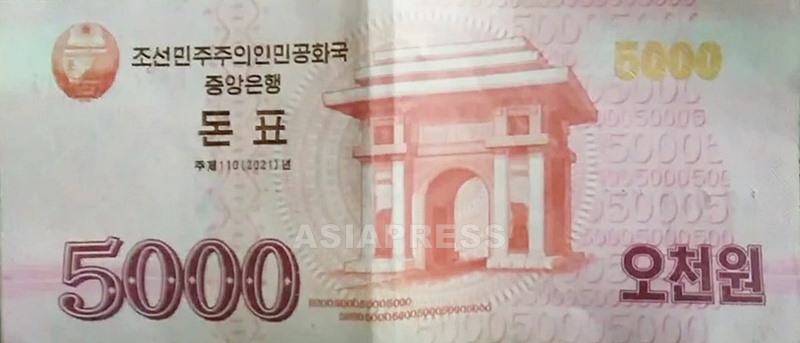
Now, many state-run factories are operating at a sluggish pace, and even the electricity and water supply to the residents has been disrupted. Yet Kim Jong-un's regime continues to pour money into missile tests even as it pushes people to collect manure in the bitter cold.
※ASIAPRESS contacts its reporting partners in North Korea through smuggled Chinese mobile phones.
- <Inside N. Korea> Social Unrest and Discontent Over Lack of Special Rations as Security is Stepped Up For Kim Jong-un's Birthday For the First Time (2022-01-11)
- <Inside N. Korea> Growing Radicalization of People's Control (3): 14 Year-Old Junior High School Students Taken Out of Class in Handcuffs for Watching a Foreign Film…More than 20 Arrested So Far (2022-01-07)
- <Inside N. Korea> Drug Trade: Addicts and Traffickers Turn to Opium as Methamphetamine Prices Skyrocket Due to Border Blockade (2021-12-27)
- <Inside N. Korea> Growing Radicalization of People's Control (2): The Return of "Word Hunting"…One Word of Complaint Can Result in Arrest or Banishment (2021-12-24)
- <Inside N. Korea> Growing Radicalization of People's Control (1): Authorities Introduce “Efficient” Tip-Off Reward System, Sowing Massive Distrust Among Residents (2021-12-22)
